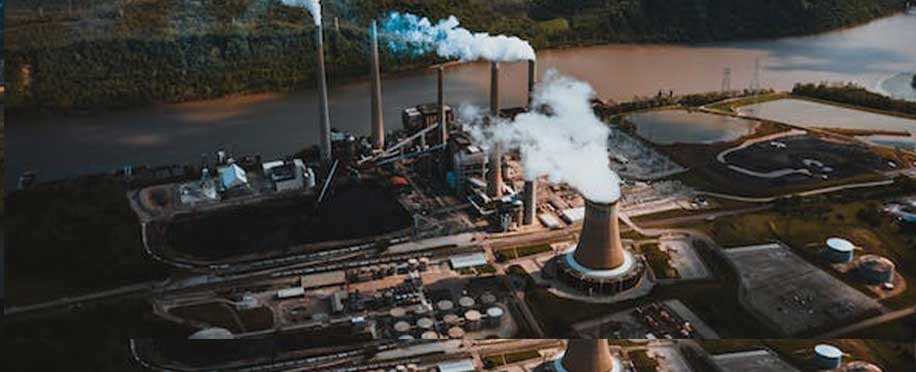Copyright © 2026 lpcentre.com All Rights Reserved. London Premier Centre For Training Ltd Registered in England and Wales, Company Number: 13694538
version: 3.0.1

Cathodic protection in the oil and gas industry: Why is it important?
Cathodic protection (CP) is widely used in the oil and gas industry and other industries where corrosion or rusting of used equipment may occur, such as in chemical plants and power generation. So a protection method is needed to prevent erosion and enhance the life of facilities, equipment and pipelines.
In this article, we give you a simple overview and definition of the concept of cathodic protection and its importance in the oil and gas industry.
Cathodic Protection or electrochemical protection is a way to protect metal structures.
Used to control the corrosion of metal surfaces of machines by making the electrochemical cell negative electrode in the metal to be protected binds to the positive pole of a nearby metal more corrosive, corroding the metal nearby rather than the metal protected in cutting structures such as long pipelines.
In the event of inadequate Cathodic or descending protection, a continuous external electrical power source is used to provide an adequate Cathodic protection current.
Corrosion of metal tools is one of the primary threats associated with a line of oil and gas production and transport, as the aquatic environment in which oil is extracted and transported contributes to its significant occurrence and development.
Cathodic protection has proved necessary to protect pipelines and ensure their safety from corrosion, so cathodic protection is a long-term sustainable solution to this real problem for oil and gas manufacturers.

- Co2 corrosion:
Carbon dioxide erosion has been a challenge in the oil and gas industry. For many years because it has become a corrosive substance when dissolved in a water environment, enhancing the electrochemistry between the steel tube and the aquatic environment, which erodes the tube, and carbon dioxide erosion is the most widespread corrosion in the oil and gas industry.
- Acid corrosion (H2S Corrosion):
H2S is not an eating substance, but it becomes so when it comes into contact with water, eroding the pipeline. Depending on this, metal damage when in contact with hydrogen sulfide (H2S) and moisture is called acid corrosion, which is most harmful to oil extraction pipes.
- Oxygen corrosion O2:
Oxygen is known for its ability to interact with metals quickly, especially dissolved oxygen within drilling fluids, which is a significant cause of pipe erosion.
- Microbiome corrosion:
Microbial corrosion (MIC) is a type of bacterial activity. Bacteria produce waste mostly involving carbon dioxide and organic acids that directly affect pipe erosion by increasing the toxicity of the fluid flowing within the pipeline.
Applying an electric current to the tube structure to be protected from one of the causes of corrosion is how the protection process is achieved.
There are two basic ways to apply for cathodic protection in the oil and gas industry:
· The method of cathodic protection of forced current (ICCP) where electricity is isolated or applied by one of the available energy sources.
· The melt anode method (SACP) uses different metals' electromagnetic potential to protect against corrosion forces.
Cathodic protection has proved its worth as the best protection in the oil and gas industries. With many technological developments, cathodic protection systems are constantly being improved to maintain the safety and protection of pipelines.
Controlling cathodic systems is as important as monitoring. So developing other protection systems, so if you're a director or engineer of the cathodic protection team in the oil and gas industries, you want to enhance your information and keep up to date with the latest developments by attending oil and gas training courses in London.
Read More:
Corrosion and control of iron facilities in the gas & oil industry